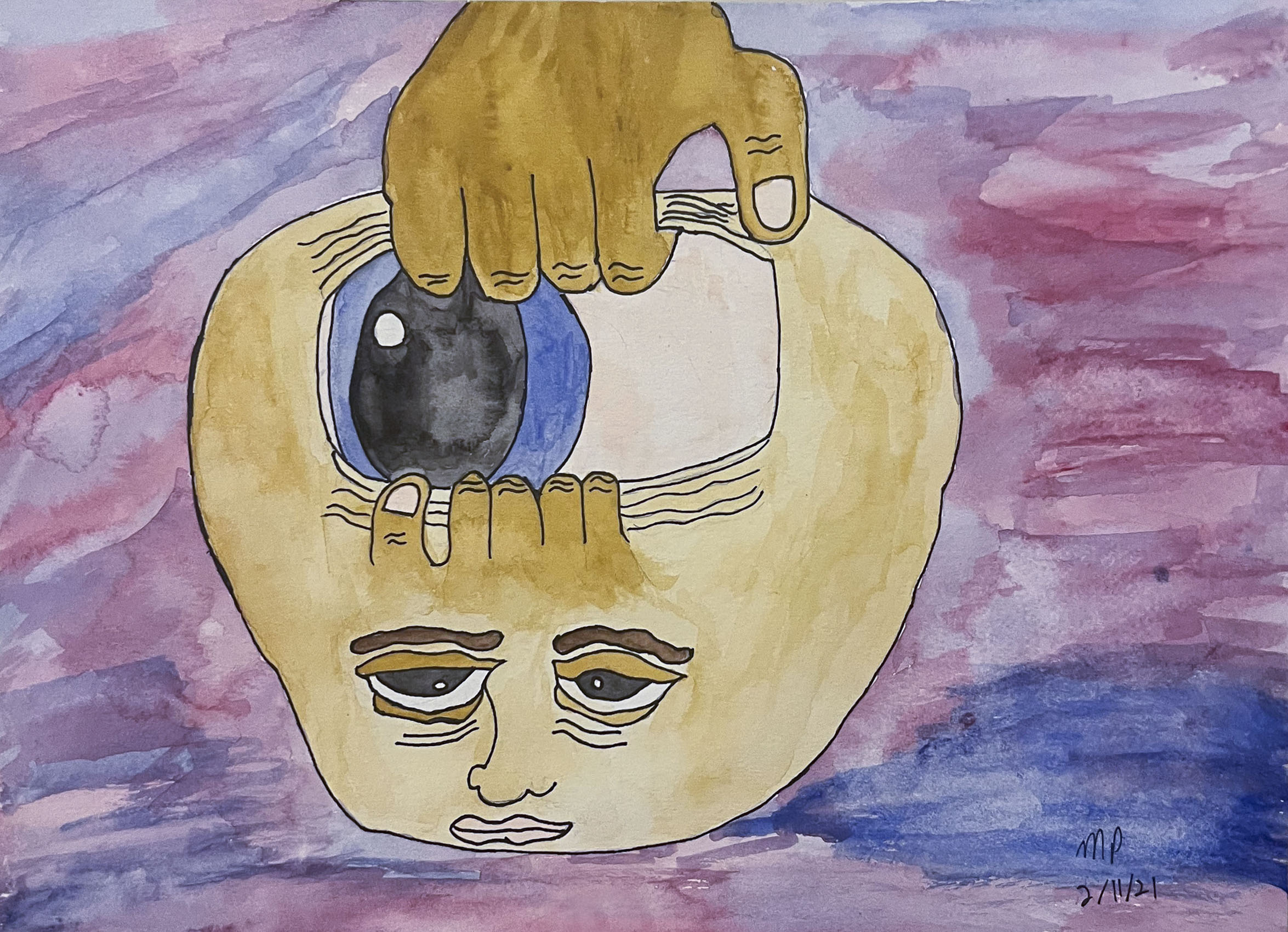Inpatient Mental Health Solutions: A Path to Recovery and Stability
Inpatient psychological wellness solutions play an important function in attending to severe mental crises, providing a carefully structured environment that fosters recovery and security. The intricacies of the admission process and the importance of aftercare raise critical inquiries concerning access and effectiveness in the broader context of psychological wellness care.
Understanding Inpatient Mental Health Providers
Inpatient psychological wellness solutions are vital for offering organized and extensive like individuals experiencing severe emotional distress or psychological illness. These services usually involve the admission of people to specialized centers where they receive day-and-night supervision and assistance from a multidisciplinary group of mental wellness professionals. The key goal of inpatient care is to maintain clients, guaranteeing their security and addressing severe symptoms that might position a threat to themselves or others.
Inpatient programs typically include a series of therapeutic treatments, including specific and group therapy, medicine management, and psychoeducation. The organized atmosphere is developed to advertise recovery by offering a regular regimen, reducing external stressors, and promoting the development of dealing strategies.
When outpatient therapy choices have actually verified inadequate or when an individual is in dilemma,Admission to inpatient services is generally considered. Facilities may vary in terms of their particular emphasis, with some concentrating on particular disorders such as anxiety, stress and anxiety, or material use. Through extensive evaluations and customized treatment strategies, inpatient psychological wellness solutions intend to offer the needed assistance for people to gain back stability and get ready for a shift to less extensive degrees of treatment.
Advantages of Inpatient Care
The advantages of inpatient treatment are considerable, especially for individuals encountering intense psychological health and wellness difficulties. Inpatient therapy offers a structured setting that fosters healing by decreasing disturbances and stressors linked with life. This regulated setup enables individuals to concentrate exclusively on their psychological health, facilitating the essential time for recovery.
Additionally, inpatient care offers 24/7 accessibility to therapeutic and medical support. This consistent accessibility ensures that patients can obtain instant attention during crises, which is crucial for those experiencing serious episodes - mental health services. The joint method amongst medical personnel, including therapists, psychiatrists, and registered nurses, enhances the quality of treatment and promotes a comprehensive therapy strategy customized to individual requirements
Furthermore, the communal element of inpatient care cultivates a sense of belonging and support amongst patients. Team treatment sessions and shared experiences can minimize feelings of isolation, motivating individuals to involve in their healing proactively.
In addition, inpatient programs usually provide patients with necessary coping techniques and skills that can be challenging to create in outpatient settings. By addressing underlying problems within an encouraging framework, inpatient care can bring about much more stable end results and a smoother shift back to everyday life, eventually paving the path to sustained healing.
Treatment Strategies and Therapies
Different treatment approaches and treatments are used in inpatient mental health solutions to address the distinct demands of each person. These techniques are made to promote recuperation and promote psychological security in a structured atmosphere.

Cognitive Behavior Treatment (CBT) is an extensively made use of method, aiding people in determining and modifying adverse idea patterns that contribute to their mental health and wellness problems - inpatient mental health services. Dialectical Habits Therapy (DBT) is another efficient method, particularly for those with borderline character condition, concentrating on emotional law and social efficiency
Pharmacotherapy plays a critical duty in therapy, with psychiatric medicines recommended to manage signs and symptoms of conditions such as anxiety, depression, and schizophrenia. Normal monitoring and changes ensure the performance of these drugs while reducing adverse effects.
Group treatment fosters a sense of community and support among patients, enabling them to share experiences and coping methods. Furthermore, alternative therapies, such as art and music therapy, advertise self-expression and psychological recovery.
Inevitably, the combination of these diverse restorative modalities offers a detailed therapy strategy tailored to every person's details requirements, aiming to improve their overall health and help with an effective shift back right into everyday life.
The Admission Refine
Navigating the admission process for psychological wellness services is a crucial initial step toward recovery. Throughout this examination, the person's mental wellness history, symptoms, and prompt needs are thoroughly examined.
As soon as the evaluation is completed, the following step includes talking about the potential treatment alternatives. The specific and the treatment group collaboratively determine on the very best training course of action, which might consist of inpatient care if the scenario is regarded serious. This is complied with by the conclusion of needed paperwork, consisting of insurance policy confirmation and consent forms, to make sure that all financial and legal facets are resolved.
Additionally, household involvement might be urged during this phase to give assistance and collect perspectives on the individual's scenario. Eventually, the admission process aims to create a helpful and risk-free setting for the patient, permitting a smooth change into inpatient care. By understanding and getting involved in this procedure, individuals can take a vital action towards accomplishing psychological wellness security and healing.

Aftercare and Ongoing Assistance
After finishing an inpatient mental wellness program, people frequently deal with the critical job of transitioning to aftercare and ongoing support, which are vital for sustained recovery. This stage is vital for reinforcing the skills and coping mechanisms found out during the inpatient stay, guaranteeing that individuals remain to progress in their mental health and wellness journey.
Aftercare usually includes a combination of outpatient therapy sessions, support groups, and medicine monitoring. Participating in regular treatment permits people to attend to ongoing difficulties and establish approaches to handle stress factors in their lives. Support teams provide a sense of community and shared experience, fostering link and understanding among peers facing similar battles.
Furthermore, recurring support might consist of household participation, where liked ones are educated about psychological health and wellness concerns and encouraged to join the healing process. This all natural method creates a durable support network, improving the person's chances of long-lasting stability.
Ultimately, continuous and aftercare assistance work as a bridge in between inpatient treatment and independent living, empowering people to browse their mental wellness challenges with durability and confidence. Focusing on these resources is crucial inpatient mental health services for promoting a sustainable recovery trajectory.
Final Thought

Inpatient mental health solutions play a vital duty in dealing with intense psychological crises, using a meticulously organized environment that cultivates recovery and stability.Inpatient mental wellness solutions are crucial for giving extensive and organized care to individuals experiencing serious emotional distress or psychological ailment. With extensive assessments and customized treatment plans, inpatient mental health solutions aim to provide the necessary support for people to regain stability and prepare for a change to much less extensive levels of care.
